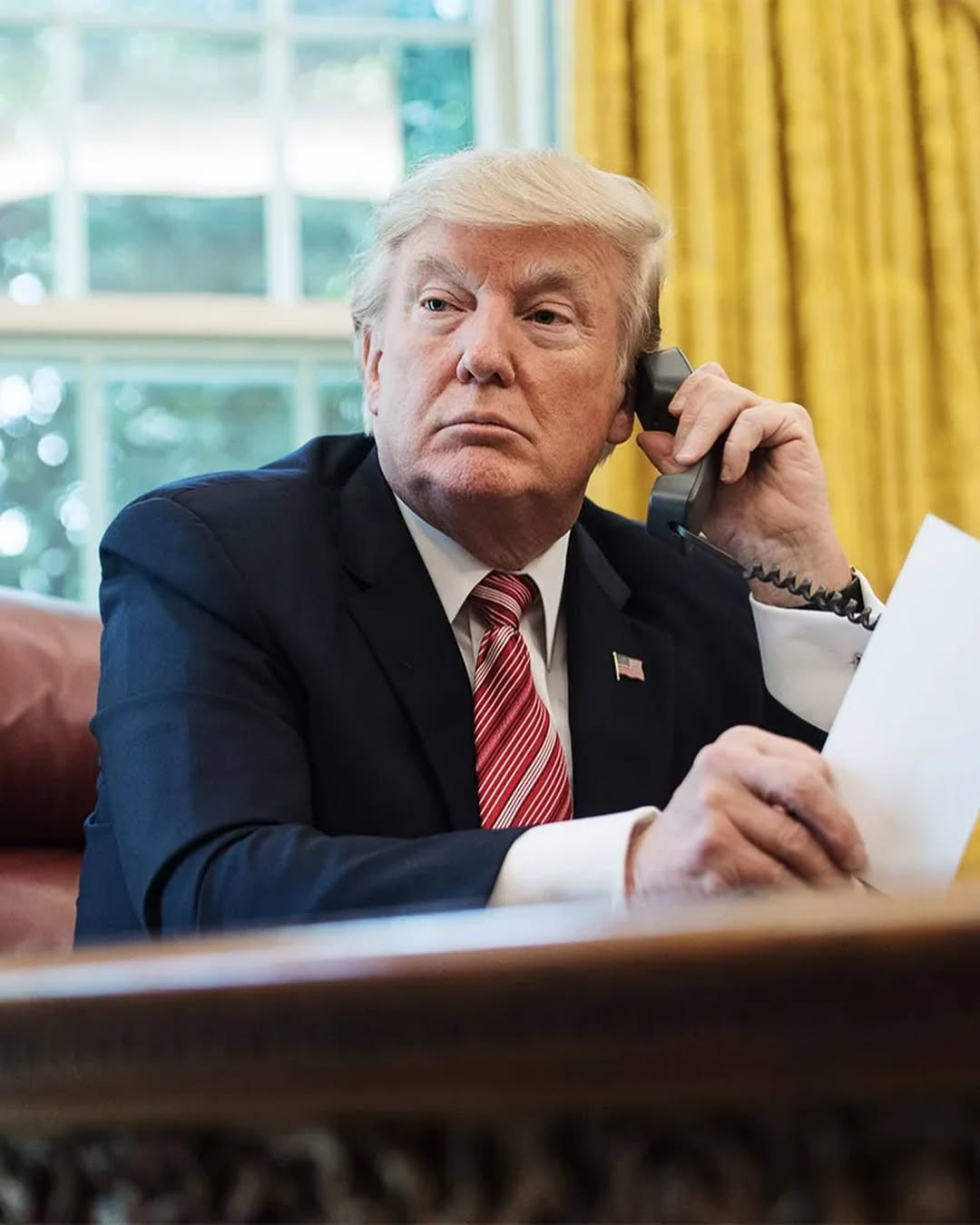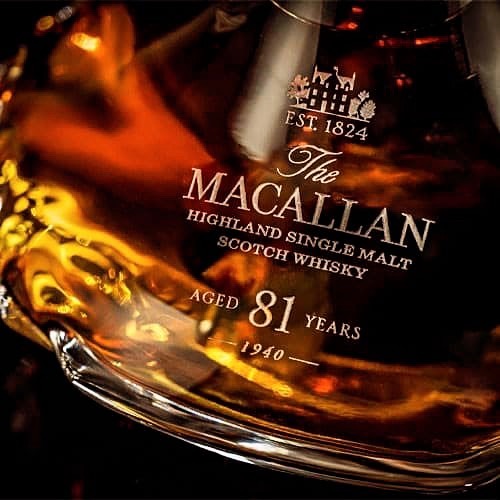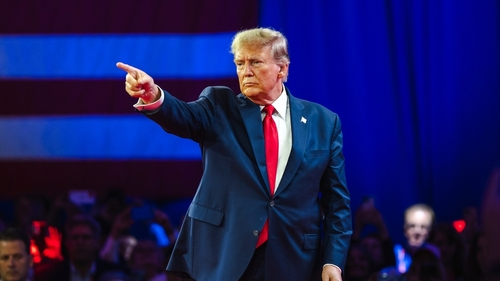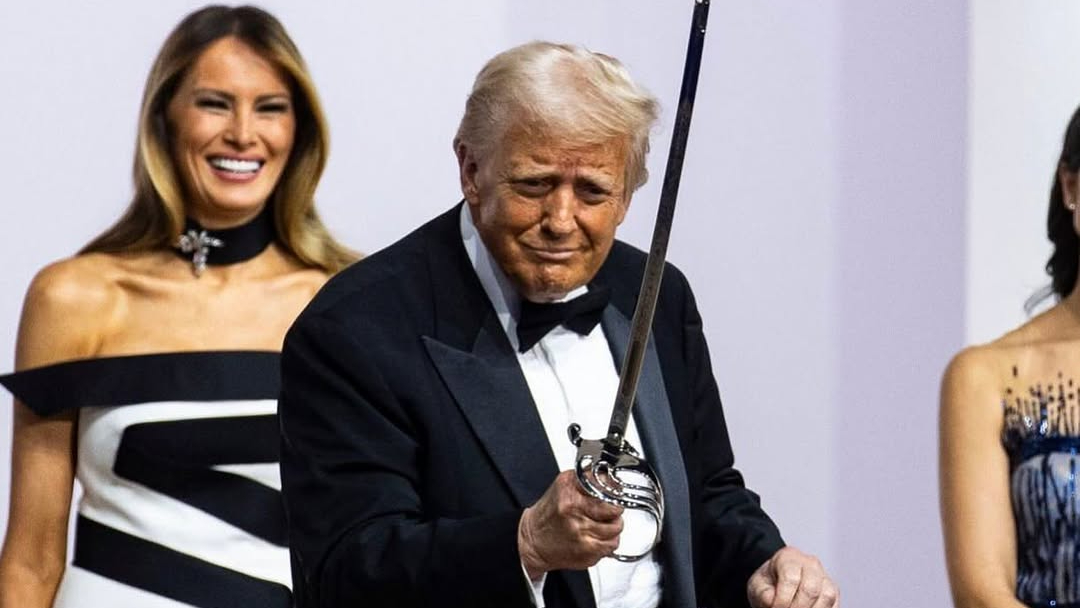Scotch Whisky Prices Surge Amid New U.S. Tariffs
On April 2, 2025, President Donald Trump announced the implementation of a 10% tariff on all imports from the United Kingdom, effective April 5, 2025. As Forbes states, this initiative has been termed "Liberation Day" which aims to address trade imbalances and assert U.S. economic independence. Now, the UK faces a baseline tariff of 10%.

Impact of Recent Tariffs on Scotch Whisky
The decision of placing a 10% tariff on UK imported goods will notably affect Scotch whisky. This has rang alarm bells for Scottish Distillers, given the U.S. is the largest market for Scotch whisky exports, valued at £971 million in 2024 according to The BBC.
Premium Scotch brands like Macallan, Glenlivet, and Laphroaig are expected to see significant price increases in the U.S. due to the newly imposed tariffs, making luxury whisky even less accessible to consumers.
Related: How 2025 Tariffs Are Reshaping U.S. Industries and Companies
Related: Canada, Mexico, and China Strike Back: Retaliatory Tariffs

Current Tariff Rates on Scotch Whisky
Between October 2019 and March 2021 there was a 25% tariff on Single Malt Scotch Whisky which the BBC reports lost the industry over £600m in exports to the United States which is equivalent to over £1m a day.
Related: Trump’s Tariffs vs. Apple: Will Your Next iPhone Cost More?

Major Importers of Scotch Whisky
The United States remains the leading importer of Scotch whisky by value, with exports totaling £421.4 million in the first half of 2024. By volume, India has emerged as the largest market, importing 85 million bottles during the same period.
Distilleries behind iconic labels like Macallan, Glenlivet, and Laphroaig are warning that these tariffs could dampen sales and impact the broader Scotch whisky industry.
Related: Trump Targets Canada: A Warning Shot to Global Allies Amid Tariff Threats
Related: The Best Whiskeys in the World
Industry Response and Future Outlook
The Scotch Whisky Association (SWA) has expressed disappointment over the new tariffs and is urging both the UK and U.S. governments to negotiate a resolution. The SWA emphasizes the need to avoid a repeat of the 2019-2021 period when similar tariffs resulted in over £600 million in lost exports.
As the situation evolves, stakeholders in the Scotch whisky industry remain hopeful for diplomatic solutions to mitigate the adverse effects of these tariffs and stabilize the market.

Conclusion
While the intent behind these tariffs may be to protect domestic industries or rebalance trade, the reality is far more complex. By imposing higher costs on Scotch whisky, one of the UK’s most valuable exports, the U.S. risks stifling consumer demand, not just for whisky but across the broader economy. When prices rise, people buy less—that’s basic economics.
For whisky lovers, this means fewer bottles on their shelves. For businesses, it means navigating higher costs, reduced sales, and potentially shrinking global reach. Brands like Macallan, Glenlivet, and Laphroaig, which have spent centuries perfecting their craft and building international reputations, now face unnecessary hurdles in a market that has long embraced them. In the end, tariffs like these rarely benefit the everyday consumer.









